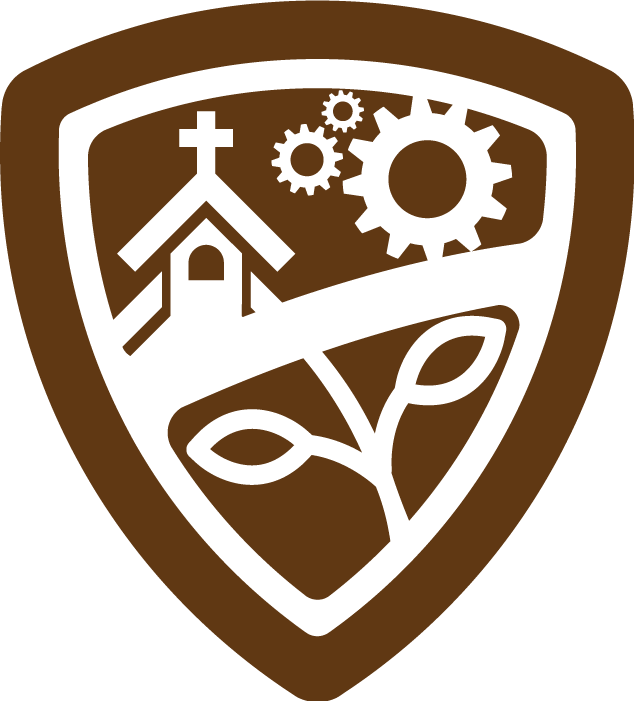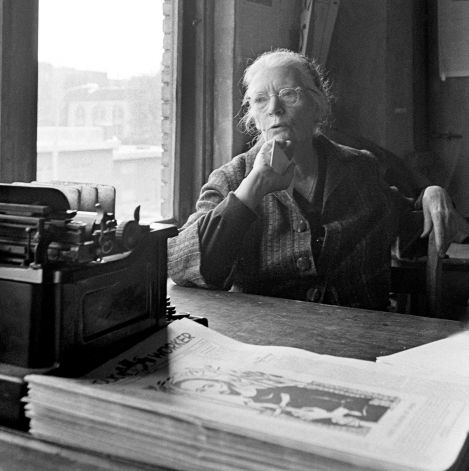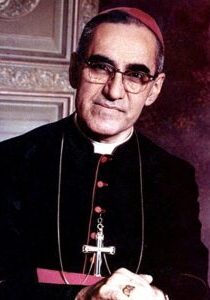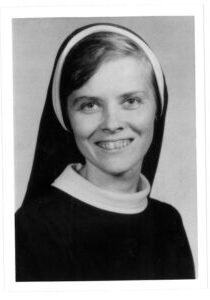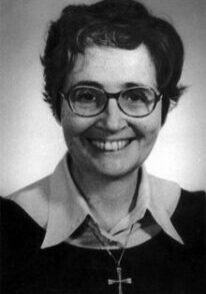Dorothy Day
November 8, 1897 - November 29, 1980
Journalist, Social Activist and Co-founder of the Catholic Worker Movement
Journalist, Social Activist and Co-founder of the Catholic Worker Movement
From Brooklyn, New York
Served in New York City, New York
Affiliation: Catholic
"The mystery of the poor is this: That they are Jesus, and what you do for them you do for Him. It is the only way we have of knowing and believing in our love. The mystery of poverty is that by sharing in it, making ourselves poor in giving to others, we increase our knowledge of and belief in love."
Dorothy Day was born in Brooklyn, New York on November 8, 1897, the third child of Grace and John Day. Her nominally religious family moved to the San Franciso Bay area and then to Chicago where she was baptized in the Episcopal Church. She attended the University of Illinois at Urbana and became interested in radical social causes as a way to help workers and the poor. In 1916, she left the university and moved to New York City where she worked as a journalist on socialist newspapers, participated in protest movements, and developed friendships with many famous artists and writers. During this time, she also experienced failed love affairs, a marriage, a suicide attempt, and an abortion.
Dorothy had grown to admire the Catholic Church as the “Church of the poor” and her faith began to take form with the birth of her daughter Tamar in 1926. Her decision to have her daughter baptized and embrace the Catholic faith led to the end of her common law marriage and the loss of many of her radical friends. Dorothy struggled to find her role as a Catholic. While covering the 1932 Hunger March in Washington, D.C. for some Catholic magazines, she prayed at the national Shrine of the Immaculate Conception that some way would open up for her to serve the poor and the unemployed. The following day, back in New York, she met Peter Maurin, a French immigrant and former Christian Brother, who had a vision for a society constructed of Gospel values. Together they founded the Catholic Worker newspaper which spawned a movement of houses of hospitality and farming communes that has been replicated throughout the United States and other countries.
At the Catholic Worker, Dorothy Day lived a life faithful to the injunctions of the Gospel. Often the newspaper quoted G.K. Chesterton’s famous observation that Christianity hadn’t really failed — it had never really been tried. Day’s life was spent trying. She was shot at while working for integration, prayed and fasted for peace at the Second Vatican Council, received communion from Pope Paul VI at the 1967 International Congress of the Laity, and addressed the 1976 Eucharistic Congress in Philadelphia. Her pilgrimage ended at Maryhouse in New York City on November 29, 1980, where she died among the poor.
This is not our work. It can be found here.
